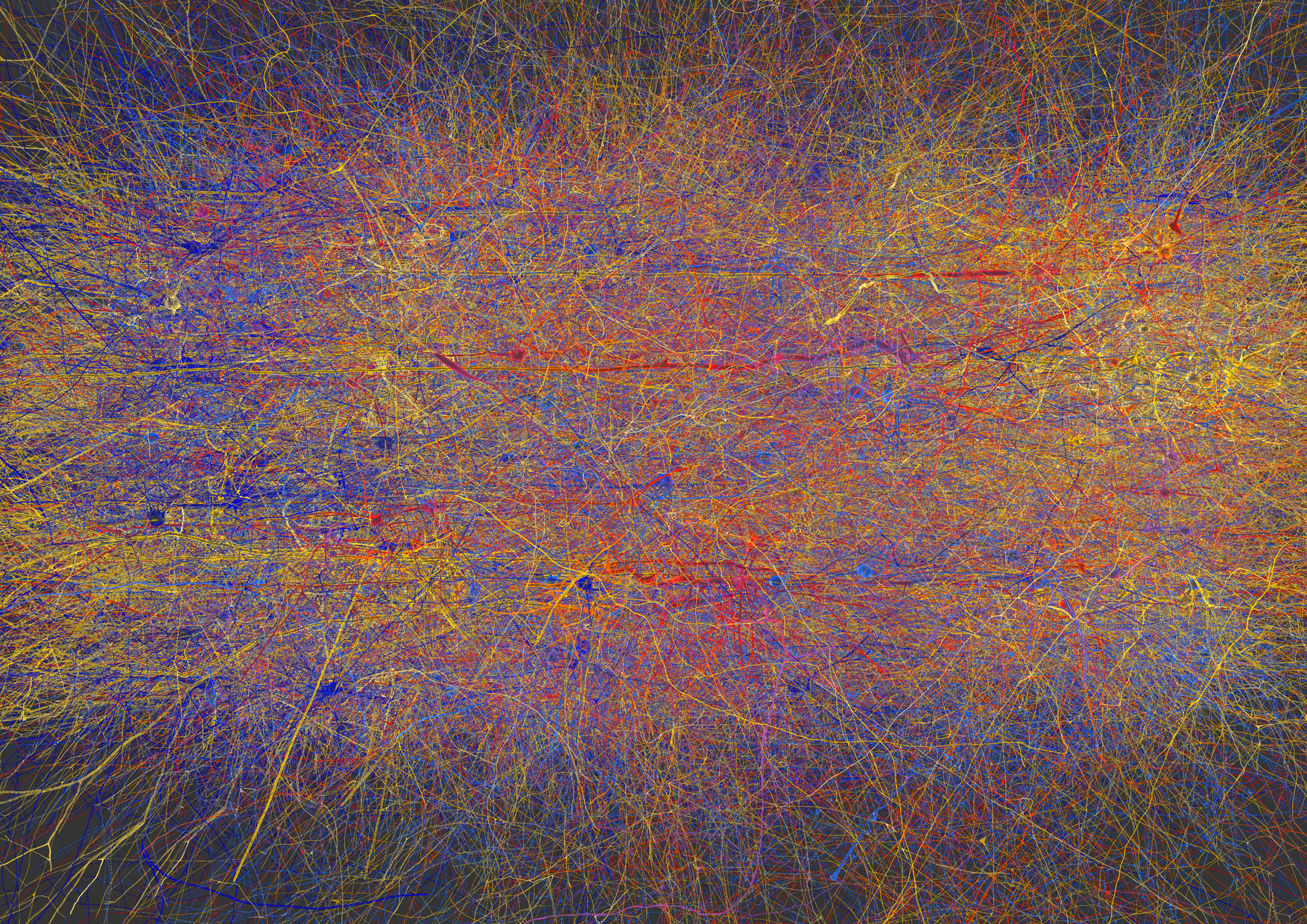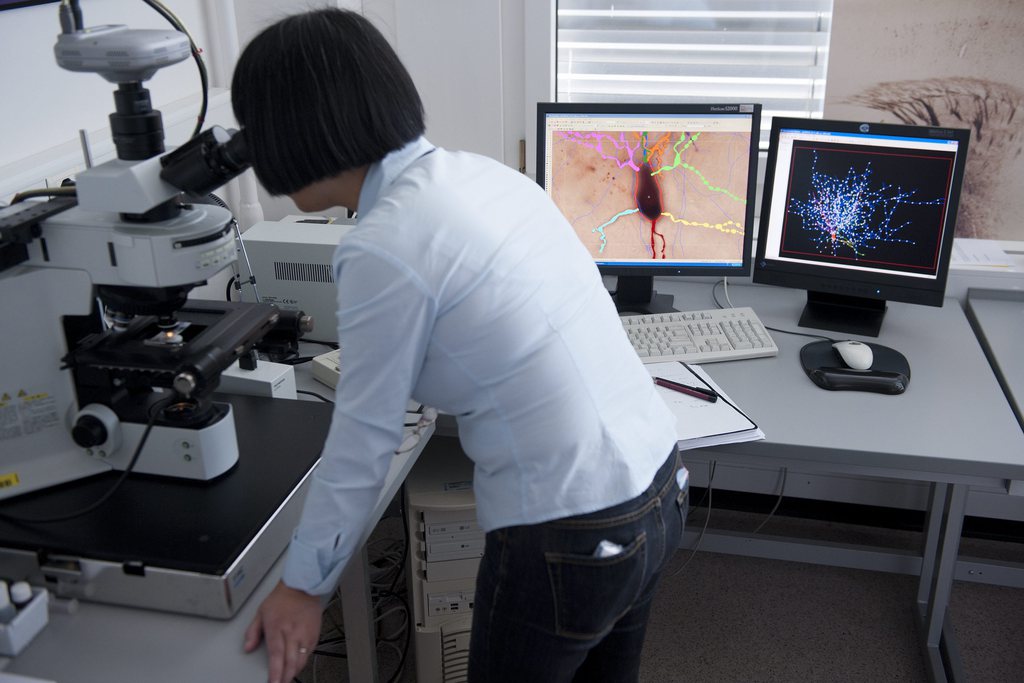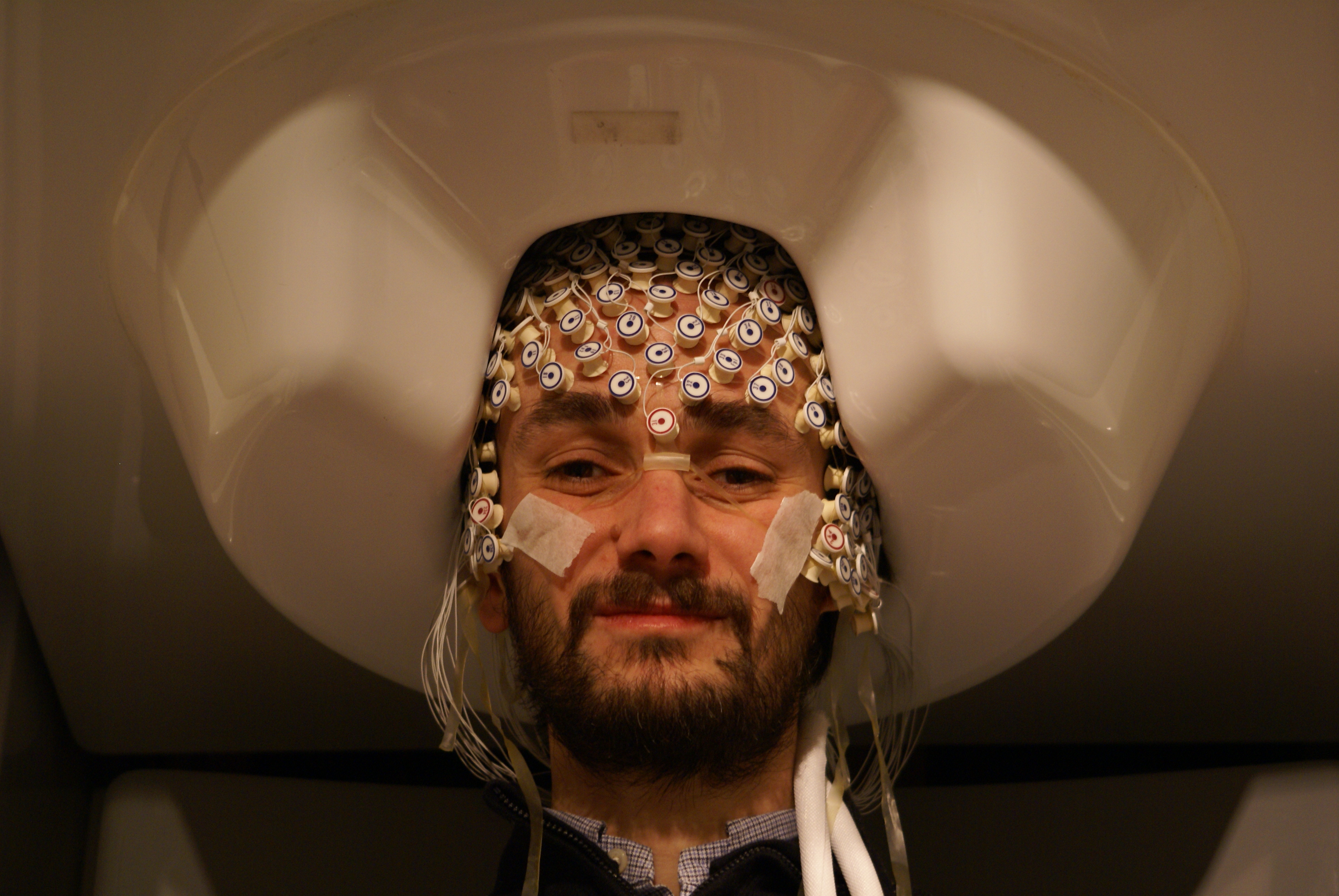Human Brain Project relocates to Geneva

Plans to build dedicated premises in Lausanne for the prestigious Human Brain Project (HBP) have been scrapped, and the research is to be headquartered in an already existing building in Geneva, it was announced on Tuesday.
The building, on the outskirts of Geneva, used to be the headquarters of the pharmaceutical multinational Merck Serono. It was bought in May 2013 by millionaires Ernesto Bertarelli and Hansjörg Wyss and designated Campus Biotech.
It has been leased by the Swiss Federal Institute of Technology Lausanne (EPFL) and Geneva University since July, and research groups in fundamental and applied neurosciences have been moving in since then.
Some 200 researchers from the EPFL will move to the Campus Biotech at the beginning of 2014. They were initially to have been housed in a special Neuropolis site in Lausanne, for which funding had been promised by canton Vaud, the federal government and the Rolex watch company.
The change of plan will “lead to financial optimization for the consortium, and will allow
scientific teams to begin working in the Geneva complex sooner,” according to a joint statement issued by all the parties concerned.
The statement pointed out that the availability of Campus Biotech was “unforeseen at the time that Neuropolis was originally planned”.

More
Neuroscientists count on technology evolution
Funding pressure
The HBP brings together over 130 research institutions from Europe and around the world, and in January was awarded one of the European Union’s Flagship grants, worth more than €1 billion (CHF1.25 billion) over the next ten years. Half of the money will come from the EU, and the rest from the countries to which the research institutions belong as well as from business.
Work started on the project on October 1.
EPFL spokesman Jérôme Grosse told the Swiss News Agency that the decision to move had come mainly from the management of the EPFL and of the HBP. The move would save three to four years. He said there had been “strong” pressure from the EU for the HBP to deliver the expected results before the start of the second phase of financing in 30 months’ time.
Pascal Broulis, head of the finance department of canton Vaud, told the agency that the cantonal government had “noted” the decision, while stressing how hard it had fought on behalf of the project.
He said the canton had made other premises available in order to get the project started as soon as possible. It had put the HBP into its legislative programme as a means of “raising the canton’s profile”.
The HBP aims to build a working computer model of the human brain by 2023. Once it has mapped the brain, it will simulate drugs and treatments for neurological diseases and related ailments.

In compliance with the JTI standards
More: SWI swissinfo.ch certified by the Journalism Trust Initiative











You can find an overview of ongoing debates with our journalists here . Please join us!
If you want to start a conversation about a topic raised in this article or want to report factual errors, email us at english@swissinfo.ch.